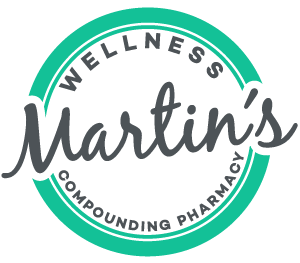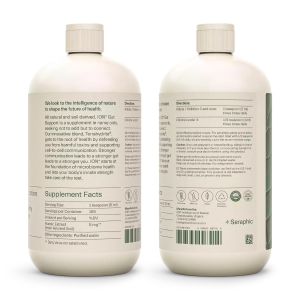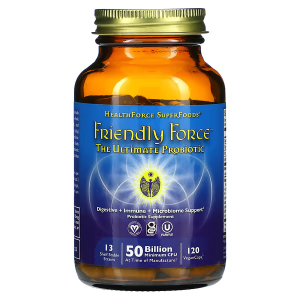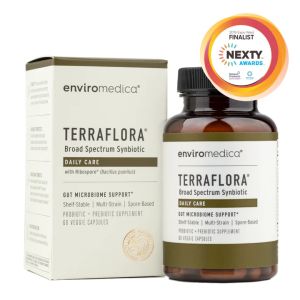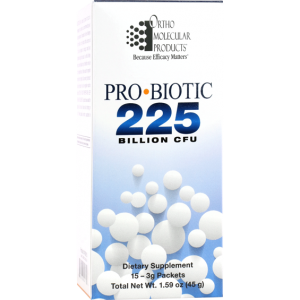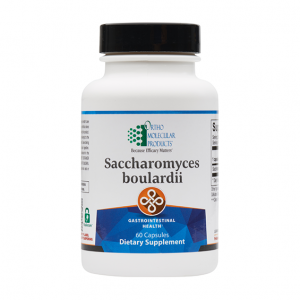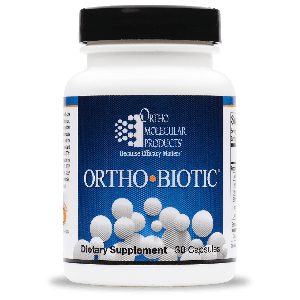The Importance of Gut Health for Overall Well-Being

Your gut plays a central role in maintaining your overall health, often referred to as your "second brain." It's a powerhouse of activity that impacts digestion, immunity, brain function, mood, and even weight management. This intricate ecosystem, known as the gut microbiome, is home to trillions of bacteria, fungi, and other microorganisms. When balanced, these organisms help keep you healthy; when out of balance, they can lead to a range of issues from digestive problems to mood disorders.
Why Gut Health Matters
A healthy gut is essential for:
- - Digestion and Nutrient Absorption: Your gut breaks down food, allowing your body to absorb essential nutrients, vitamins, and minerals. Without a healthy gut, even the most nutritious diet can be wasted.
- - Immune Function: Nearly 70% of your immune system resides in the gut. A healthy gut helps protect you from infections and diseases by regulating immune responses.
- - Mental Health and Mood: The gut and brain are closely connected through the gut-brain axis. The gut produces about 90% of the body’s serotonin, a key hormone that influences mood, sleep, and even social behavior.
- - Weight Management: A balanced gut microbiome helps regulate metabolism and can play a role in preventing obesity and other metabolic disorders.\
- - Inflammation: An unhealthy gut can contribute to systemic inflammation, which has been linked to various chronic diseases, including autoimmune disorders, diabetes, and heart disease.
Foods That Support Gut Health
A diet rich in certain foods can nourish your gut and promote the growth of beneficial bacteria. Here are some of the best foods for gut health:
Fiber-Rich Foods
- - Fruits and Vegetables: Apples, berries, leafy greens, and broccoli are rich in fiber, which helps feed the good bacteria in your gut.
- - Whole Grains: Brown rice, quinoa, oats, and barley contain prebiotic fibers that help promote healthy gut bacteria.
- - Legumes: Beans, lentils, and chickpeas are loaded with fiber and provide prebiotics, which feed the probiotics in your gut.
Fermented Foods
- - Yogurt: Contains live, active cultures that can help repopulate your gut with beneficial bacteria.
- - Kefir: A fermented milk drink rich in probiotics.
- - Sauerkraut and Kimchi: Fermented vegetables that are packed with probiotics and essential vitamins.
- - Miso and Tempeh: Fermented soy products that provide beneficial bacteria.
Prebiotic Foods
- - Garlic: Rich in inulin, a prebiotic that promotes the growth of healthy gut bacteria.
- - Onions and Leeks: Also contain inulin and are great for promoting gut health.
- - Bananas: Contain fiber and resistant starch, which nourish the gut microbiome.
- - Asparagus and Artichokes: Full of prebiotic fibers that feed your gut bacteria.
Polyphenol-Rich Foods
- - Dark Chocolate: Contains polyphenols, which are antioxidants that help good gut bacteria flourish.
- - Green Tea and Berries: Also rich in polyphenols, which support the growth of healthy bacteria.
Supplements for Gut Health
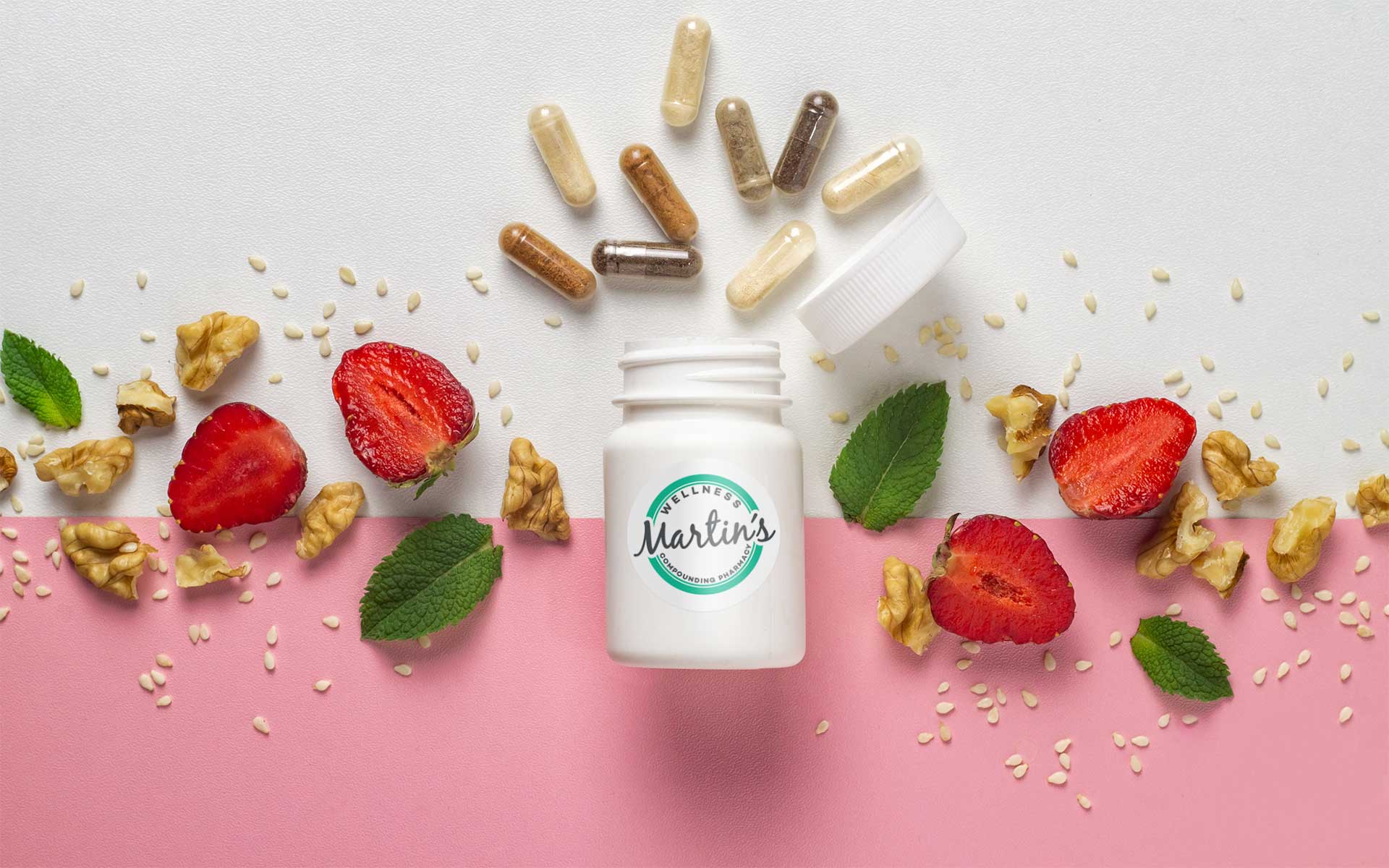

- When diet alone isn’t enough, certain supplements can help restore and maintain gut health:
- - Probiotics: These supplements contain live beneficial bacteria and help balance the gut microbiome. Look for probiotics that contain a variety of strains, including:
- * Lactobacillus acidophilus
- * Bifidobacterium bifidum
- * Saccharomyces boulardii
Probiotics can help with various gut-related issues, such as bloating, irritable bowel syndrome (IBS), and inflammatory bowel disease (IBD).
- - Prebiotics: These are non-digestible fibers that feed the good bacteria in your gut. They can be found as standalone supplements or included in fiber supplements such as psyllium husk or inulin.
- - Digestive Enzymes: These supplements help your body break down food more efficiently, which can support digestion and nutrient absorption, especially in individuals with conditions like lactose intolerance or other digestive challenges.
- - L-Glutamine: An amino acid that helps repair the gut lining and is particularly useful for individuals with leaky gut syndrome.
- - Omega-3 Fatty Acids: Found in fish oil supplements, omega-3s help reduce inflammation in the gut and support overall gut health.
Different Types of Probiotics
Choosing the right probiotic can depend on your specific needs. Here are some common types and their benefits:
- - Lactobacillus: Helps with digestion and lactose intolerance. Commonly found in yogurt and other fermented foods.
- - Bifidobacterium: Found in some dairy products and may help alleviate symptoms of IBS and other gut disorders.
- - Saccharomyces boulardii: A yeast that fights diarrhea and supports gut health, particularly after antibiotic use.
- - Bacillus coagulans: Known for its ability to form spores, this strain can survive stomach acid and reach the intestines, where it can aid digestion and reduce inflammation.
- - Streptococcus thermophilus: Helps break down lactose, making it beneficial for individuals with lactose intolerance.
Ready to Improve Your Gut Health?
Explore our curated selection of gut-friendly supplements and expert advice at Martin's Wellness today!
Final Thoughts
Maintaining a healthy gut is essential for overall well-being. The good news is that you can positively influence your gut health with the right combination of foods, supplements, and probiotics. By nourishing your gut, you can improve digestion, boost your immune system, enhance your mood, and even manage your weight. Start small by incorporating gut-friendly foods into your diet and consider supplements if needed, and soon, you'll feel the benefits of a healthier gut.
About Dr. Ruthie Harper
Dr. Ruthie Harper, MD, is the founder of Ruthie Harper MD, a renowned practice established in 1999 in Austin, Texas.
With over 25 years of experience, she offers the latest services and techniques in health, wellness, and nutrition. Dr. Harper seamlessly integrates research, nutritional science, advanced functional testing, and cutting-edge aesthetics to develop scientifically-based health protocols. Her personalized interventions encompass nutrition, supplements, lifestyle changes, bioidentical hormones, and breakthrough anti-aging treatments. As a dedicated researcher, Dr. Harper has been a pioneer in integrative and functional medicine.
Through her relentless efforts, she has empowered numerous patients to achieve their optimal health and wellness goals.


